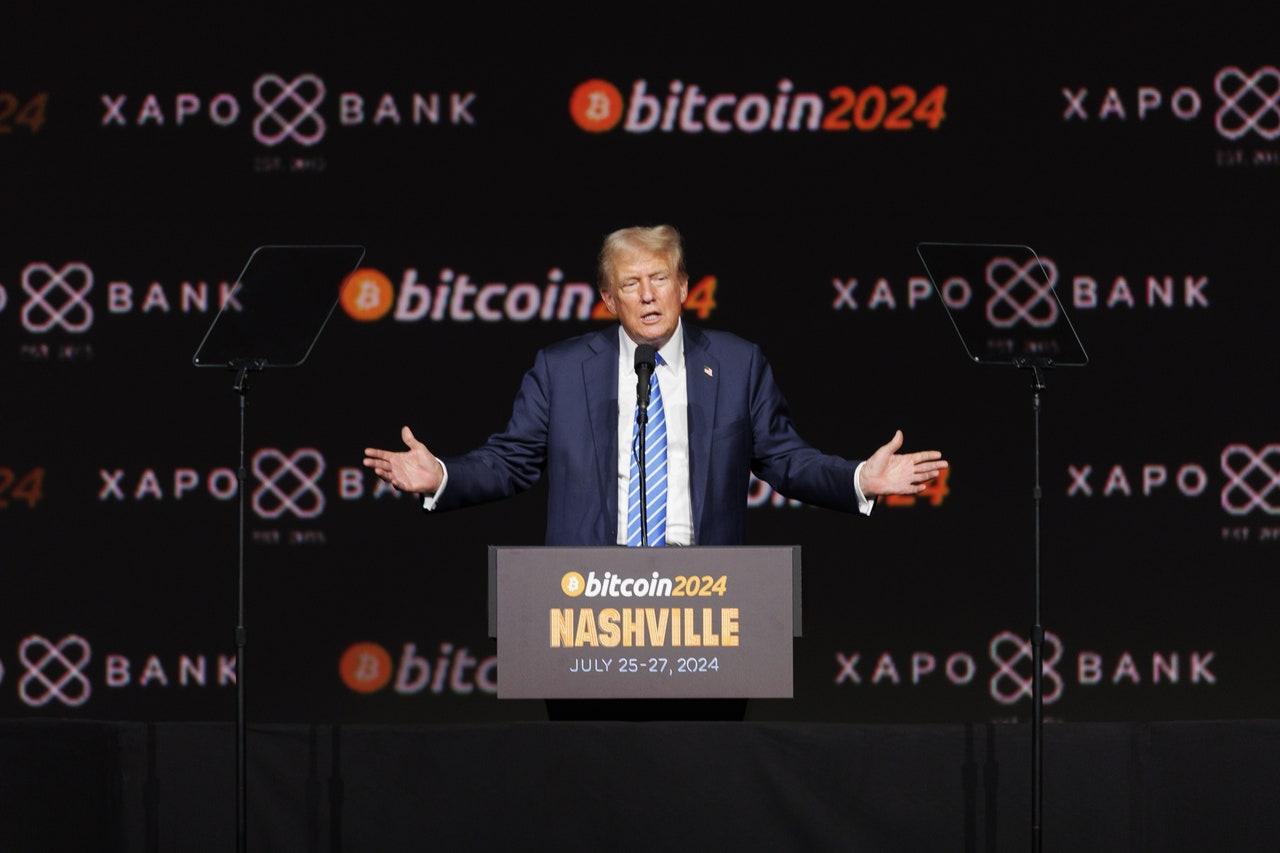Donald Trump Is Possibly Too Online
In today’s digital world, it’s no secret that technology and social media play a significant role in our lives. It has revolutionized the way we communicate, share information, and even how we conduct our politics. However, there is a fine line between using online platforms effectively and becoming overly consumed by them. And when it comes to former President Donald Trump, some argue that he may have crossed that line and become too online.
Throughout his presidency, Donald Trump gained notoriety for his prolific and often controversial use of social media. His preferred platform, Twitter, became a battleground for his political statements, personal attacks, and policy announcements. Supporters saw his unfiltered tweets as refreshing and a direct way to connect with the public, but critics argue that it revealed a lack of restraint and maturity.
Perhaps the most concerning aspect of Trump’s online presence was the effect it had on his policy decisions and decision-making process. The former president was known to make impulsive statements and decisions based on what he saw online, which led some to question his ability to separate fact from fiction. This is a dangerous precedent for a leader who must rely on well-researched and balanced information to make informed decisions that affect the lives of millions.
Trump’s online presence also fueled further division in a deeply polarized political climate. His frequent use of personal attacks and inflammatory language only served to widen the gap between political factions, leading to increased hostility and animosity. It became increasingly clear that Trump prioritized online popularity and attention over fostering a sense of unity and cooperation.
Moreover, Trump’s excessive use of social media platforms allowed conspiracy theories and misinformation to flourish. He often shared unverified claims or retweeted dubious sources, which only served to undermine public trust in media and established facts. The consequences of this misinformation were felt during the COVID-19 pandemic, where false claims and quick-fix solutions spread like wildfire, hampering efforts to control the virus effectively.
Despite the potential pitfalls, it is essential to acknowledge that technology and online platforms do have their merits in modern politics. They provide direct access to politicians, encourage public engagement, and allow for rapid dissemination of information. However, the key lies in using these tools responsibly and with thoughtful consideration of their effect on society.
Former President Trump’s online habits highlight the need for policymakers to establish guidelines and regulations regarding the use of social media within political leadership. Social media platforms themselves also need to take more responsibility in combating misinformation and the spread of harmful content.
it is evident that Donald Trump’s online presence had both positive and negative consequences. While it allowed him to directly connect with his supporters, it also showcased a lack of discipline in his decision-making process and a disregard for unity and factual accuracy. Moving forward, leaders should learn from these experiences and strive to strike a balance between utilizing online platforms effectively and avoiding the pitfalls of becoming too entwined in the digital realm.

